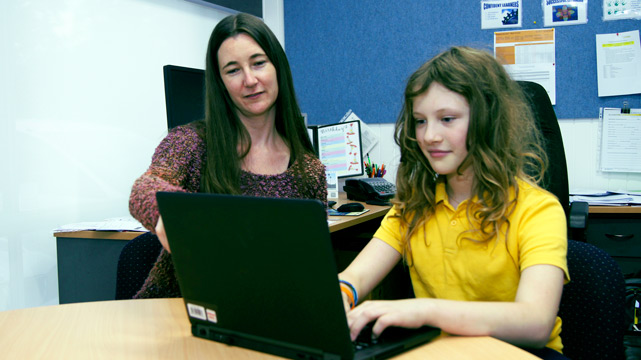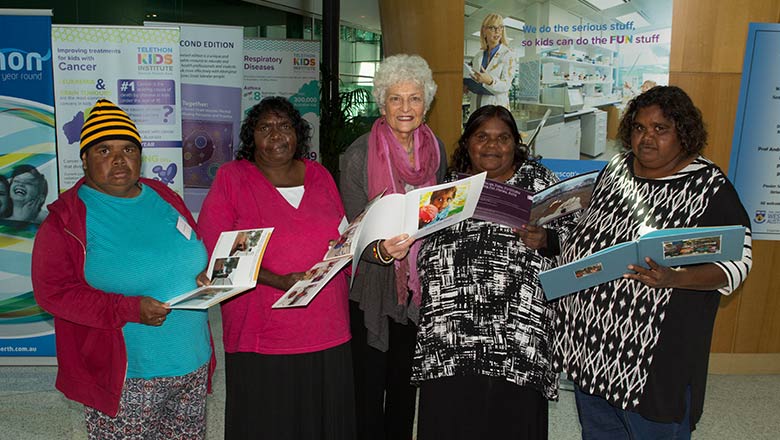Search
Research
Preschool children’s physical activity in the home, childcare and neighbourhood environment: A latent profile analysis using device-based measuresBased on the socioecological conceptual model, the physical environment within the home, childcare and neighbourhood domains are key factors that influence preschool children's physical activity; however, the relative importance of each of these domains for preschool children's physical activity is unclear.
Research
Variation in the prevalence of different forms of bullying victimisation among adolescents and their associations with family, peer and school connectedness: a population-based study in 40 lower and middle income to high-income countries (LMIC-HICs)This study aimed to estimate the prevalence of different forms of bullying victimization experiences and their association with family functioning, peer relationships and school connectedness among adolescents across 40 lower and middle income to high-income countries (LMIC-HICs).

News & Events
Student wellbeing just as important as academic successA team of researchers passionate about the social and emotional wellbeing of children have been refining a survey questionnaire.

News & Events
Boosting literacy in Aboriginal kidsAn NHMRC grant to develop a program to improve school outcomes in the Ngaanyatjarra lands has helped create books reflecting Aboriginal experiences.
Research
Alcohol-Related Harm in Young People (Oct 2015+)This project aims to inform harm prevention and minimisation strategies by investigating outcomes and points for early intervention in young people with alcohol-related harm. Researchers will also compare outcomes between Aboriginal and non-Aboriginal youth.
Research
Social support helps protects against depressed mood in adolescenceThe goals of the current study were to identify different trajectories of sadness from Grade 6 to 9 in Australian school students, and to explore the role that social support from school, teachers, friends and families play in supporting students’ mental health.
Research
Preservice teachers’ accuracy in measuring child engagement using a digitised momentary time sampling measureEngagement has been identified as an important predictor of student outcomes; therefore, teachers’ ability to accurately and objectively measure student engagement is essential and can assist teachers to make instructional decisions based on data rather than perception.
Research
The relationship between physical activity, self-regulation and cognitive school readiness in preschool childrenLimited research exists on the pathways through which physical activity influences cognitive development in the early years. This study examined the direct and indirect relationships between physical activity, self-regulation, and cognitive school readiness in preschool children.
Research
Maternal alcohol use disorder and child school attendance outcomes for non-Indigenous and Indigenous children in Western Australia: A population cohort record linkage study.Maternal alcohol use disorder was associated with a significantly increased odds of poor school attendance for non-Indigenous and Indigenous children.
Research
Empowering quality education through sustainable and equitable electricity access in African schoolsAlthough most people born this century will be educated in African schools, these schools often lack basic infrastructure, such as electricity and/or lighting. In the face of a rapidly growing school-age population in Africa, the electrification of educational facilities is not just an infrastructural challenge but also a pivotal investment in the continent’s future workforce.
